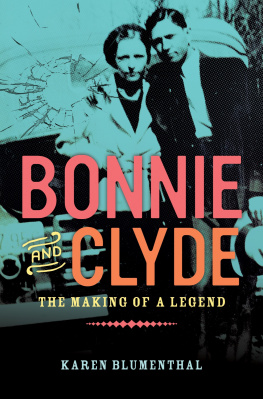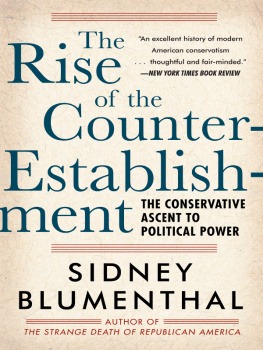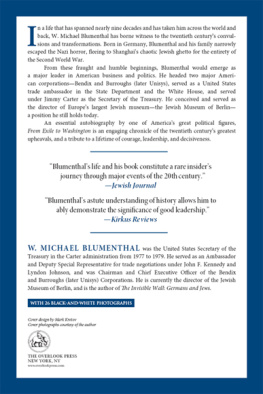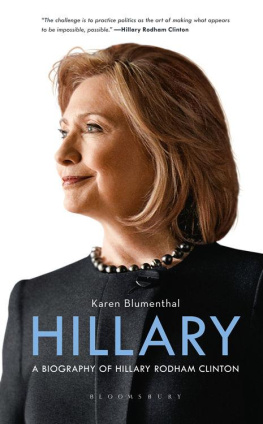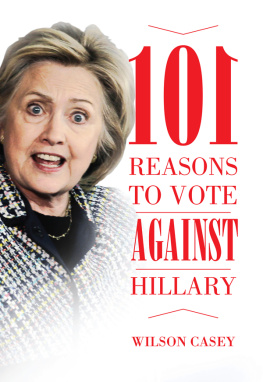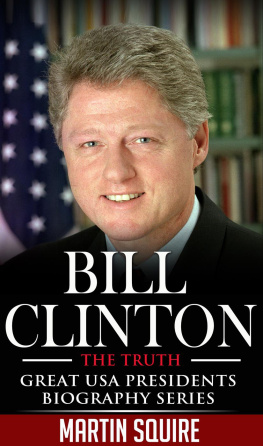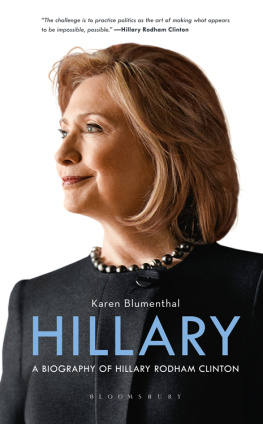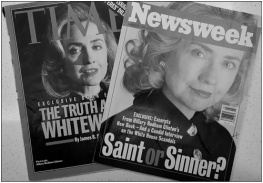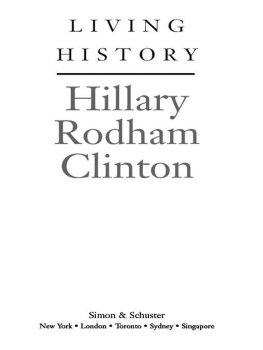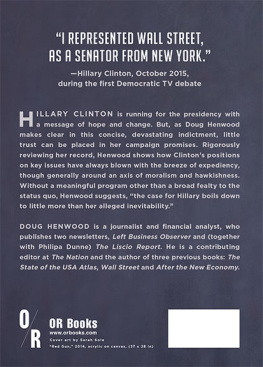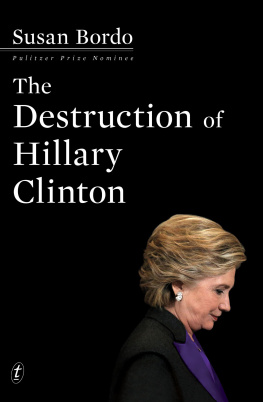Bill Clinton had been president for only a few weeks, less than half of the fabled First Hundred Days by which all presidents have been early judged since Franklin D. Roosevelts first burst of the New Deal. Action, action, and more action, FDR had demanded. Now it was March 1993, sixty years later, and President Clinton was coming to Hyde Park.
I arrived early because I wanted to wander around Roosevelts presidential library to soak up the atmosphere before the clamorous entourage wheeled in. Usually, the press corps traveling with the president misses any sense of place. The media are everywhere and nowhere at once. Acrobats in the circus get to see more of where they are while the tent is pitched. The press corps lives with the motorcade. My White House pass, showing that I represented The New Yorker magazine, got me quickly past the checkpoints of the local police and the sentries of the Secret Service. Their cordon for the new president made this plot of land something of a sanctuary, untrammeled by tourists or even stray scholars burrowing in the yellowing archives.
The cold gray sky cast no shadows down the long lawn stretching from the road to the single-story library. I walked undisturbed and alone past the exhibits. The whole Roosevelt life was encapsulated there. A bronzed statue of the lanky, carefree boy Franklin lounged on his back. Campaign buttons and banners traced the journey from the New York state senate to his last race for the presidency in 1944. Around the corner was the matter-of-fact typewritten letter from Albert Einstein in 1939 urging Roosevelt to develop an atomic bomb before the Nazis did. The artifacts displayed in the old oak cases were like pieces of bone in a natural history museum. The fragments could just hint at the passions, hatreds, and turmoil aroused by the squire who often conducted the swirling business of the nation from his serene Hudson Valley estate. Neatly contained, row after row, from beginning to end, from bucolic boyhood to world statesman, here it was: the past under glass. The story has been drummed into us as though foretold. Every chapter makes complete sense because we know every twist and turn, including the death of the President near Easter in 1945 on the eve of a redemptive victory in war, as Lincolns death had been. The story, told in retrospect through our parents lives in the Depression and the Second World War, remains vibrant in almost every family.
But to those who bore its responsibilities, much of this story of an American president appeared as an unlit passage, and the ghosts were not speaking. Their silence was a false signal that what had occurred before was, if not simpler, then always clearer to those working their way through the events. Roosevelt and those around him, even those in his brain trust who had been ascribed omniscient understanding, could not predict the storms that would envelop them. No matter how bold their devices, they were constantly disrupted and recast. The president and his advisers could not see around every turn or know when dangerous obstacles might suddenly appear. Often, they could not predict the consequences of their own plans. Exactly what destiny they would arrive at and by what rendezvous they could not say. It is easy to imagine the past as an epic, like a movie seamlessly edited and comfortably paced; it is hard to imagine it as it was experienced. No matter how vivid a vision of the future one may have, the real future is always wrapped in obscurity.
I could hear my own footsteps as I walked past black-and-white photographs of FDR grandly gesturing to roaring crowds. Then, suddenly, came whirling lights, sirens, and black vans soon catching up with their alarms. Out tumbled aides and reporters, hitting the ground running, like an army landing on a beachhead. The present was invading the preserve of the past.
I mingled inside the library with the expectant trustees and dignitaries. The chairman of the library, William vanden Heuvel, a former aide to Robert F. Kennedy and former ambassador, keeper of the perpetual Roosevelt flame, lovingly opened a book as large as a Gutenberg Bible with vellum pages. It was an unusual guest book: he turned to the signatures of Winston Churchill and then Lyndon Johnson.
The friendship between the American president and the British prime minister was at the heart of the Grand Alliance that won the Second World War. It cemented the Anglo-American special relationship as the enduring basis of the Western Alliance that weathered the Cold War. Every president since has had to act out a presidential role that Roosevelt established. Would Clinton ever have such a special relationship, and what would it mean now that the Cold War was over?
If the relationship between Roosevelt and Churchill was that of cousins, the one between Roosevelt and Johnson was between a daddy, as LBJ called Roosevelt, and his boy. The gangly congressman from Texas, an ardent New Dealer, saw his own presidency as fulfilling his political daddys mission, realized at last as the Great Society. But Johnsons shattered presidency had left an unfinished legacy for another generation. What would Clinton make of it? The book was readied for Bill Clinton to sign his name.
President Clinton brought in with him a stream of cool, brisk air from outside. At six feet, two inches, with a jutting jaw, gray-green eyes, a ruddy complexion, and loose long limbs, Clinton was the most physically imposing person in the room, as he almost always was. He was immediately accessible, never at a loss for words, yet the strangeness of having a brand-new Democratic president roaming around FDRs home created what seemed a startle reflex among the older legatees. Suddenly, the Hyde Park library didnt feel like Harvards Peabody Museum. The dust started to be shaken; the pinned exhibits almost seemed to want to move; the past was no longer at rest. It would in time be seen in a new shadow and a new light. But nobody knew what those would be.
Just before New Years Eve in 1987, I had gone to Hilton Head, South Carolina, for what was then a little-known gathering called Renaissance Weekend, attended by a few hundred mostly Southern participants. Almost everyone there appeared on one or another panel, on any number of political, cultural, and religious subjects. Friends of mine had suggested to me that if I should go to this weekend, I should try to meet a contemporary, the forty-one-year-old governor of Arkansas. I was then a writer on the national staff of The Washington Post .
Clinton and I sat squinting in the winter sun and talked for an hour about his ambitions to be a national figure. He just didnt know how that was going to happen. He was little known beyond Arkansas and had little hope of getting recognized. Governors knew him, of course, but to the general public he was a cipher. I thought he was being perhaps too blunt about his ambition with someone he had just met. He fitted into the enduring category of rising stars to whom nothing might ever happen. Energy in politicians does not necessarily equal mass or the speed of light. Governors and senators from larger states, touted by newspaper columnists as future presidents, regularly melt away. With the Democratic primaries about six weeks away, Clinton wasnt even a candidate. The political talk was focused on the chances of Governor Michael Dukakis of Massachusetts. Clinton was on the sidelines, yet he was feeling his way to a starting gate in the distant future. In his conversation with me, however, he grasped that he was venturing forth during a moment when politics was changing, in particular because of the evolving role of the media, which were disturbingly erasing the distinction between public and private life. Already, two prospective Democratic candidates, Gary Hart and Joseph Biden, had been forced out of the race by the increasingly antagonistic media. Reporters had staked out Hart, who they believed rightly was having an affair, and at a crowded news conference one asked him if he had ever committed adultery. The invisible barrier protecting politicians from probes into their private behavior that had no public impact or appearance was removed. With the heat shield gone, Hart was incinerated. Bidens sin was that he had engaged in a rhetorical flight of fancy about his familys grit, from time immemorial as common a technique for a candidate as extolling his own patriotism, and had done so in words borrowed from a British politician. The intense media glare wilted his financial backers and campaign staff overnight. For his old-fashioned stem-winding eloquence, Biden was shamed into quitting as an exaggerator and a plagiarist.


